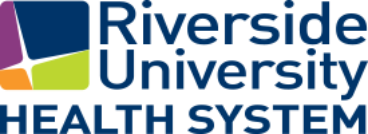Peer Support is an evidence-based practice that is person-centered and recovery-oriented that enhances a person’s treatment experience.
How the State of California Views Peer Support
The Department of Healthcare Services (DHCS) acknowledges the role that peer support specialists (hereafter referred to as “peers”) can play in California’s behavioral health systems, and recognizes that peers have long acted as a part of the prevention, early intervention, treatment, and recovery process for individuals living with Mental Health (MH) conditions and Substance Use Disorders (SUD). As individuals with either lived experience, or as the parents, caregivers and family members of individuals living with MH and/or SUD conditions, peers personally understand the experience of the individuals they serve and can help clarify the most effective set of services for each individual’s recovery needs.
Senate Bill (SB) 803, chaptered in 2020, authorized DHCS to seek federal approvals to add peer support specialists as a Medi-Cal provider type and peer support services as a distinct service type in counties opting to participate in this program. DHCS is pursuing these federal approvals through the Medicaid waiver and State Plan Amendment processes. SB 803 also directed DHCS to develop state standards for Medi-Cal Peer Support Specialist Certification Programs that may be implemented by counties, or county contracted entities, who opt in to provide these programs. Riverside University Health System- Behavioral Health has opted-in to provide Medi-Cal Peer Support Services to its consumers.
The County Behavioral Health Directors’ Association (CBHDA) has identified the California Mental Health Services Authority (CalMHSA) as the entity that will represent counties for the implementation of a State approved Medi-Cal Peer Support Specialist Certification Program, to support consistency statewide. CalMHSA, on behalf of the counties they represent.
Each Medi-Cal Peer Support Specialist Certification Program must ensure that certified peers meet the following qualifications:
1. Be at least 18 years of age.
2. Possess a high school diploma or equivalent degree.
3. Be self-identified as having experience with the process of recovery from mental illness or substance use disorder, either as a consumer of these services or as the parent, caregiver or family member of a consumer.
4. Be willing to share their experience.
5. Have a strong dedication to recovery.
6. Agree, in writing, to adhere to a code of ethics.
7. Successfully complete the curriculum and training requirements for a peer support specialist.
8. Pass a certification examination approved by DHCS for a peer support specialist.

